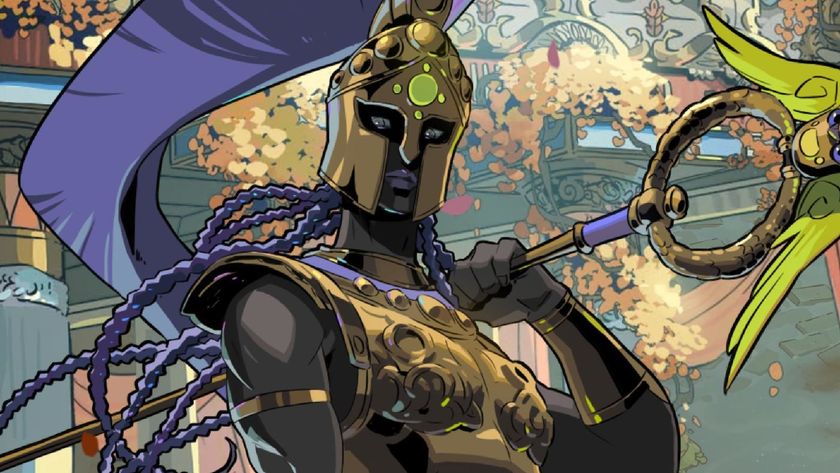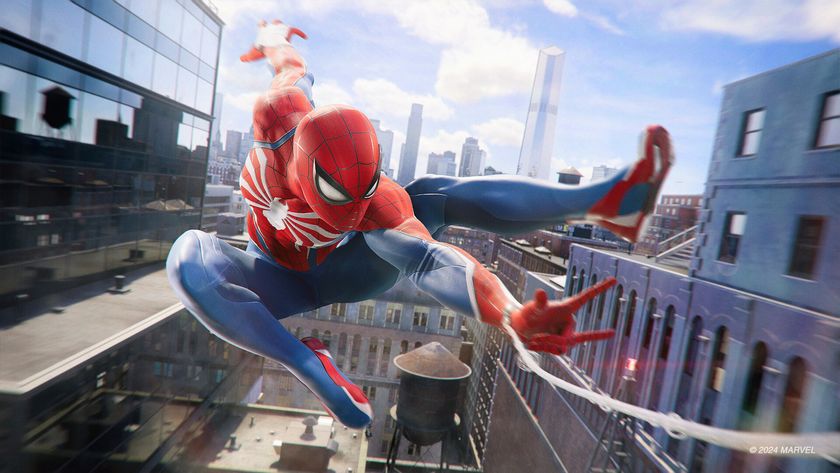China just lifted console bans, but will it actually matter?
After almost 14 years, the ban on foreign game consoles in the China has been lifted temporarily. Now, companies like Nintendo, Sony, and Microsoft will be able to manufacture their consoles within Shanghai’s free-trade zone--and more importantly, sell them legally throughout the country. You'd think that after a near-14-year drought, the floodgates would open and China would be chomping at the bit for the latest batch of consoles. But there are some key barriers getting in the way of a thriving console market in China--ones that may take years to overcome.
It all started way back in 2000, when the ban was first enacted. Fearing that sitting in front of the TV all day could harm Chinese youth, seven ministries (including the General Administration of Press and Publication, and the Ministry of the Information Industry), got together and decided to ban the import and sales of consoles. This left only one legitimate avenue open to starved gamers in the People’s Republic: PC gaming. And so, ironically, over the next couple of years, online gaming in China absolutely exploded in popularity, creating an industry that generated $1.04 billion (or 8 billion yuan) in 2006.

This ban on foreign consoles also had the unintended fallout of boosting the piracy issue in China to extreme levels. There’s a reason everyone jokes about cheap Chinese knock-offs: they do exist, in almost every size and shape imaginable. Gaming hardware is no exception: The Vii (a blatant Wii clone) and The Winner (the less obviously named PS3 version)--as well as pirated versions of their most successful games-- were at one point sold in Chinese gaming stores.
Rampant piracy may be the biggest reason that companies are quite wary to breach the potentially lucrative marketplace. The second new technology is made public, it’ll be ripped apart and distributed on the grey market. There’s even already been an attempt that ended in flames. In 2004, Sony tried to introduce the PS2 to Chinese consumers. (But wait, wasn't the ban still in effect? Those sly foxes at Sony tried to pull the wool over the collective eyes of China's Ministry of Culture.) Almost instantly, disaster struck in the form of mass piracy of all games and the console itself. If Microsoft, Sony, or Nintendo plan on introducing their modern products to Chinese gamers, they need to make sure their DRM is watertight, and that their copy protection is second to none.

There’s also the issue that Chinese ministries continue to worry about time spent in front of video games. Since the first ban failed to reduce time spent gaming (and may have made the problem worse through the massive popularity boost of MMOs), the ministries tried again in 2005 with the Anti-Addiction system. Also referred to as the fatigue system, the Anti-Addiction system would deter players after a certain amount of play time each day... in every game. It’s a forcible measure that every developer has to build into their games, which leads to extra development time just to adhere to the standards of the Chinese market.
So yeah, the ban is lifted, yay! But that’s not the only thing stopping the big three from shoving their consoles into the Chinese market. PC gaming is so dominant in China that its console market may be in danger of irreparability; only time will tell. A change in legislation is the first step towards a console market in China, but there's much more work that needs doing, and plenty of pirates to eradicate in the process.
Sign up to the 12DOVE Newsletter
Weekly digests, tales from the communities you love, and more
Zach was once an Associate Editor for Future, but has since moved into games development. He's worked at EA and Sledgehammer Games, but is now Narrative Director on League of Legends and Valorant at Riot Games.

Hades 2 devs say "we have not recast any of our characters" in the roguelike amid concerns during the ongoing SAG-AFTRA video game strike

"It's almost like printing money": Former Sony exec says PC ports of PlayStation games are too valuable to ignore, and he wanted to see more first-party games come to PC
Most Popular





